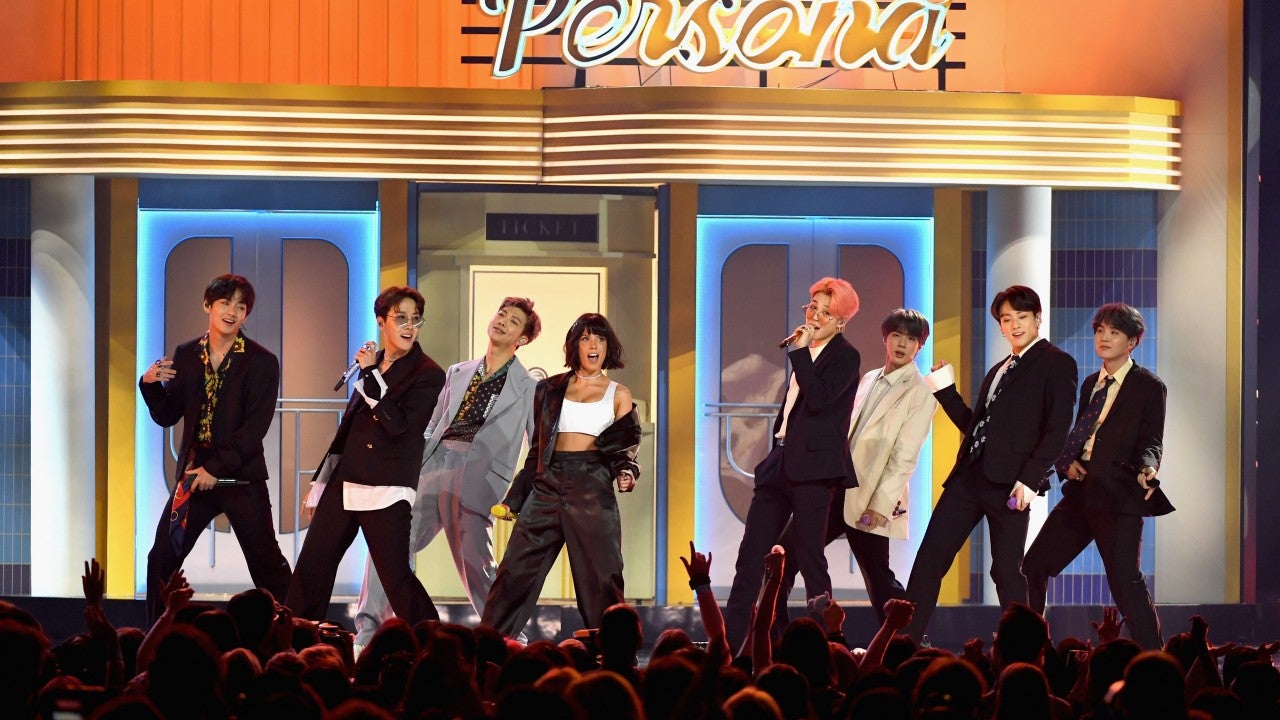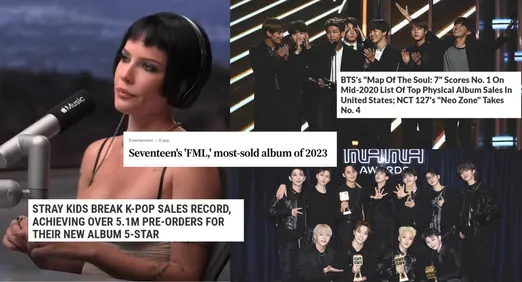In the U.S. and other Western markets, 100,000 first-week sales is still a strong number, especially in an era focused on streaming. However, Kpop groups, including newer artists, often exceed that milestone within hours or days of release. Major acts like BTS, SEVENTEEN, Stray Kids, and aespa regularly sell millions of units with each comeback, changing global charts and expectations.
Industry analysts attribute this difference to how Kpop markets its physical albums. Unlike standard CDs in the West, Kpop albums are seen as collectible items. Companies release multiple versions of each album, often with different covers, photo books, and photocards featuring various members. Fans who want to complete their collections, support their favorite member, or increase their chances of meeting them frequently buy multiple copies. This practice, sometimes called “bulk buying,” drives extraordinary sales numbers that Western artists rarely achieve.
Comment
byu/JuggernautBetter7163 from discussion
inkpopthoughts
Halsey has strong ties to Kpop. She worked with BTS on the 2019 hit “Boy With Luv,” which helped introduce Western audiences to the dynamics of Kpop fandom. This collaboration also allowed her to see how differently the two industries operate. In Western pop, streaming figures and radio play are key measures of success, while in Kpop, physical album sales symbolize loyalty and fan dedication.

Critics argue that this system inflates numbers and sets unrealistic standards for both fans and artists. Supporters respond that the model strengthens the connection between fans and artists and sustains an industry where physical sales still hold value. For Kpop idols, selling one million albums is no longer surprising, it has become the norm.
#Jungkook‘s top-selling debut solo album “GOLDEN” has surpassed 3 MILLION Physical Album Sales on the Circle Chart, becoming the FIRST and FASTEST K-Pop album by a Solo Artist to reach this milestone! 💪🏆🥇➕💨🇰🇷💿✖️👨🎤💥3⃣Ⓜ️💵🔥🐐👑🖤💜 pic.twitter.com/42j7GynJLt
— World Music Awards (@WORLDMUSICAWARD) September 26, 2025
Halsey’s experience highlights the divide between these two music worlds. What her label saw as a lack of success would be viewed as commercial achievement in many global markets. This difference has sparked renewed debates about whether the Western industry could or should embrace Kpop’s approach to physical albums.
As the global music market keeps changing, Halsey’s comments remind us of the different ways success is measured across cultures. While Western labels worry about falling sales, Kpop continues to develop a model where physical albums succeed not just as music, but as cultural products.
